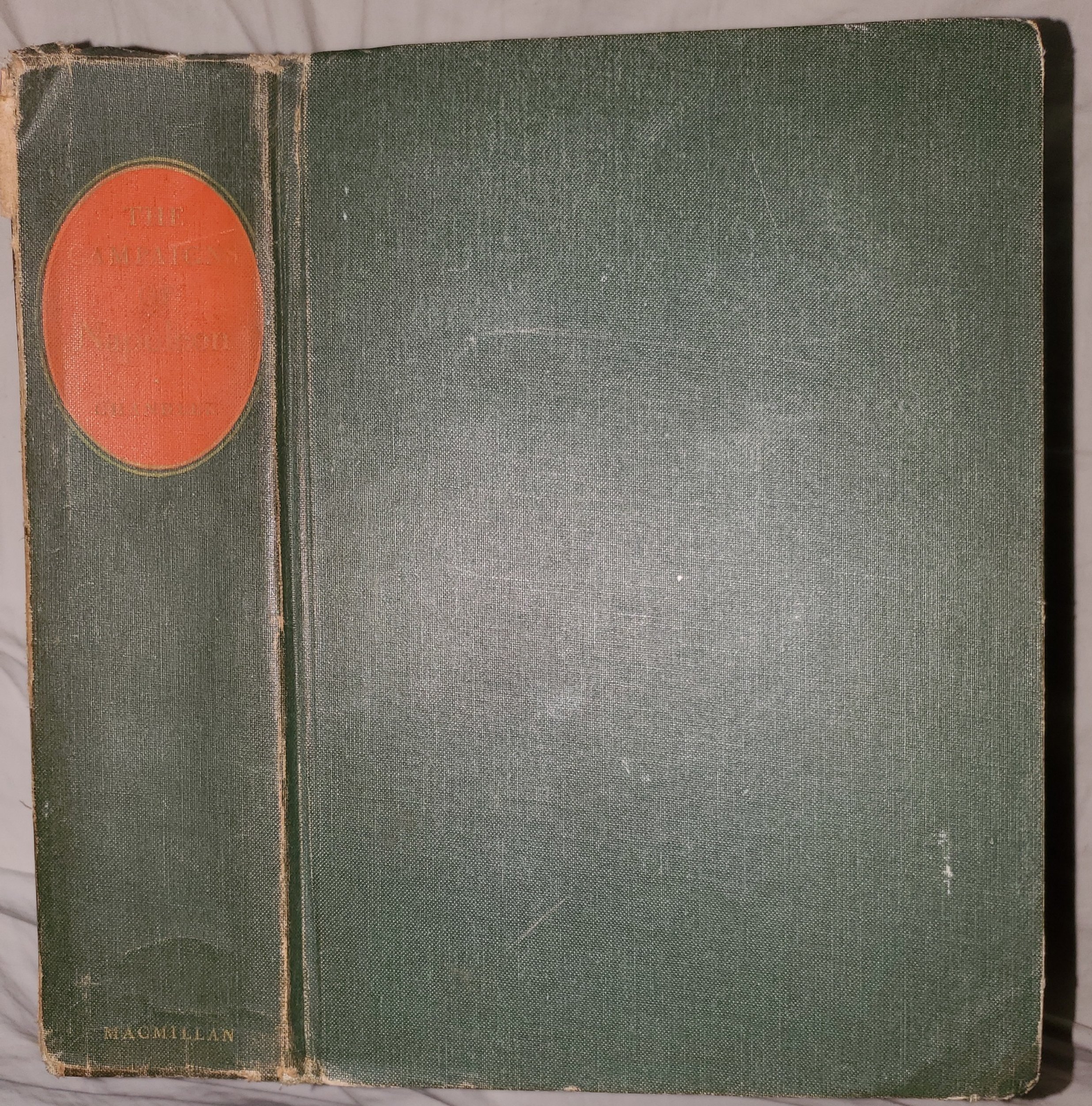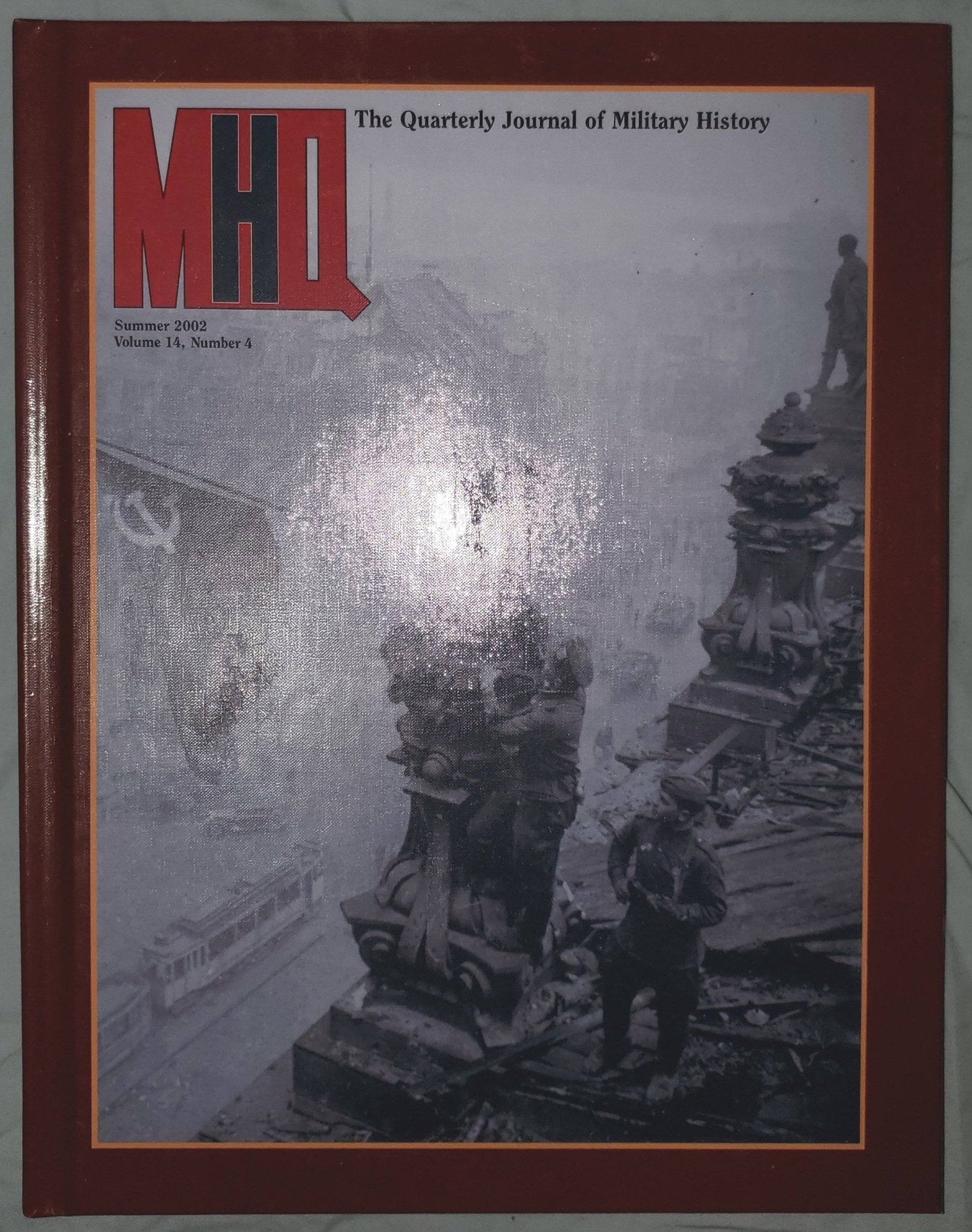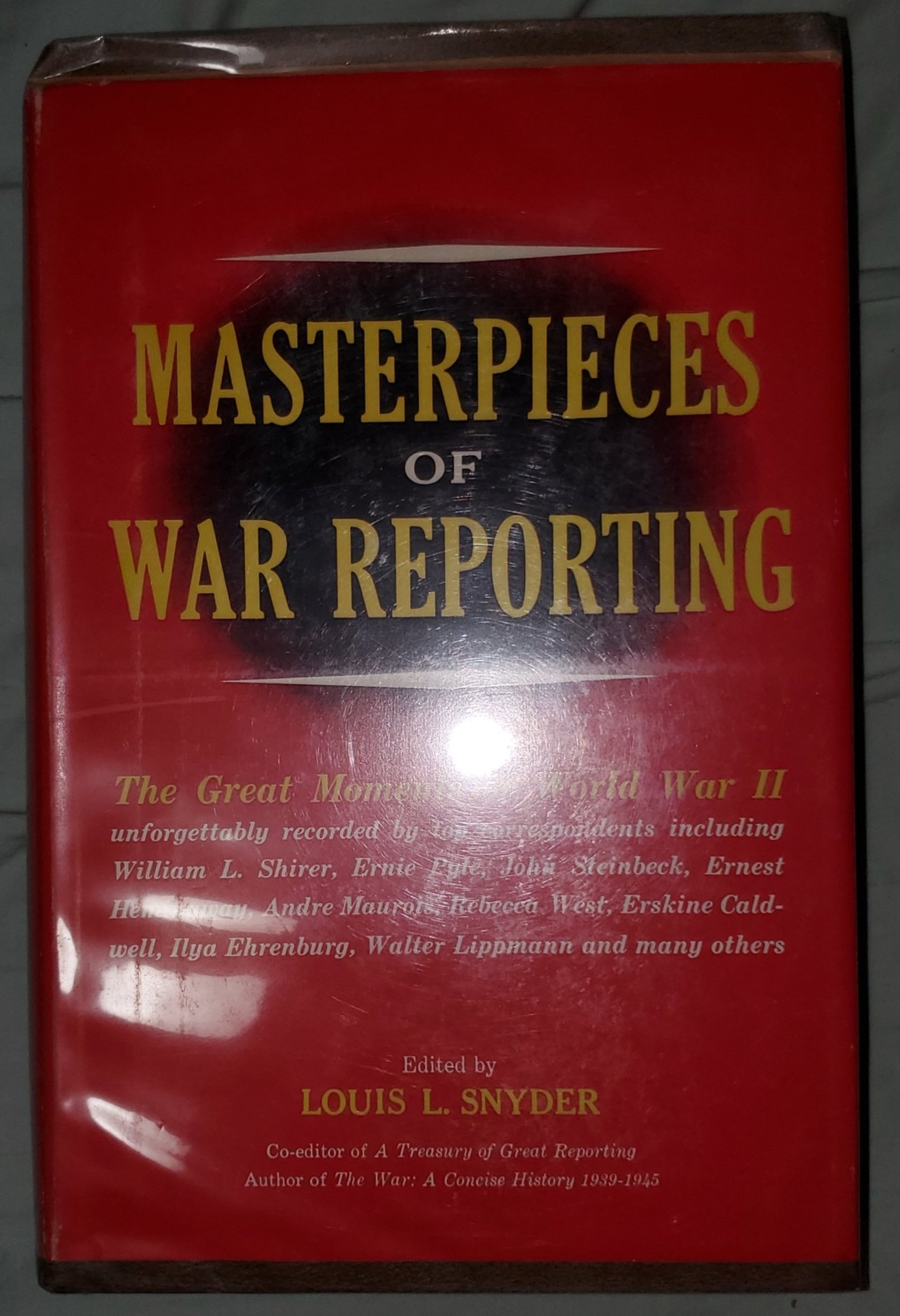 Image 1 of 1
Image 1 of 1


How we fight | crusades, quagmires, and the American way of war
Author - Dominic Tierney
Year published - 2010
Published by - Little, Brown and Co.
Book Format - Hard Cover
Genre - General Military History
Summary
Americans love war. We've never run from a fight. Our triumphs from the American Revolution to World War II define who we are as a nation and a people. Americans hate war. Our leaders rush us into conflicts without knowing the facts or understanding the consequences. Korea, Vietnam, and now Iraq and Afghanistan define who we are as a nation and a people. How We Fight explores the extraordinary doublemindedness with which Americans approach war, and reveals the opposing mindsets that have governed our responses throughout history: the "crusade" tradition-our grand quests to defend democratic values and overthrow tyrants; and the "quagmire" tradition-our resistance to the work of nation-building and its inevitable cost in dollars and American lives. How can one nation be so split? Studying conflicts from the Civil War to the present, Dominic Tierney has created a secret history of American foreign policy and a frank and insightful look at how Americans respond to the ultimate challenge. And he shows how success is possible. His innovative model for tackling the challenges of modern war can mean longstanding victory in Iraq and Afghanistan, by rediscovering a lost American warrior tradition.
Notes -
Author - Dominic Tierney
Year published - 2010
Published by - Little, Brown and Co.
Book Format - Hard Cover
Genre - General Military History
Summary
Americans love war. We've never run from a fight. Our triumphs from the American Revolution to World War II define who we are as a nation and a people. Americans hate war. Our leaders rush us into conflicts without knowing the facts or understanding the consequences. Korea, Vietnam, and now Iraq and Afghanistan define who we are as a nation and a people. How We Fight explores the extraordinary doublemindedness with which Americans approach war, and reveals the opposing mindsets that have governed our responses throughout history: the "crusade" tradition-our grand quests to defend democratic values and overthrow tyrants; and the "quagmire" tradition-our resistance to the work of nation-building and its inevitable cost in dollars and American lives. How can one nation be so split? Studying conflicts from the Civil War to the present, Dominic Tierney has created a secret history of American foreign policy and a frank and insightful look at how Americans respond to the ultimate challenge. And he shows how success is possible. His innovative model for tackling the challenges of modern war can mean longstanding victory in Iraq and Afghanistan, by rediscovering a lost American warrior tradition.
Notes -




